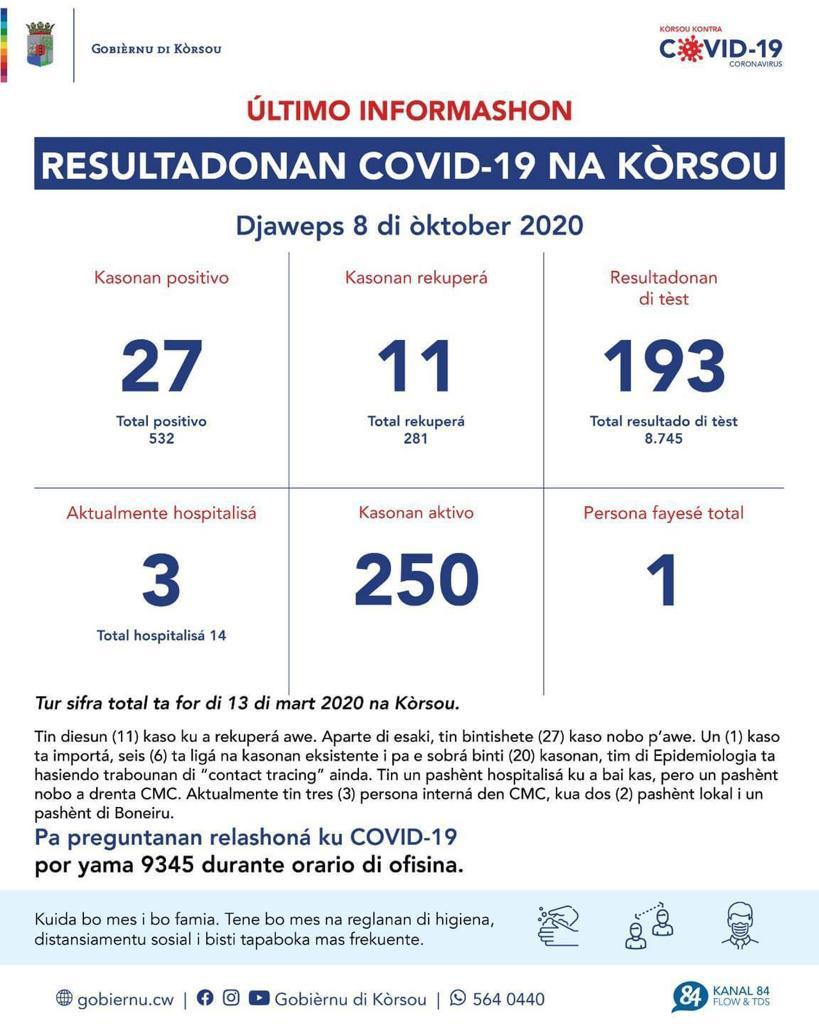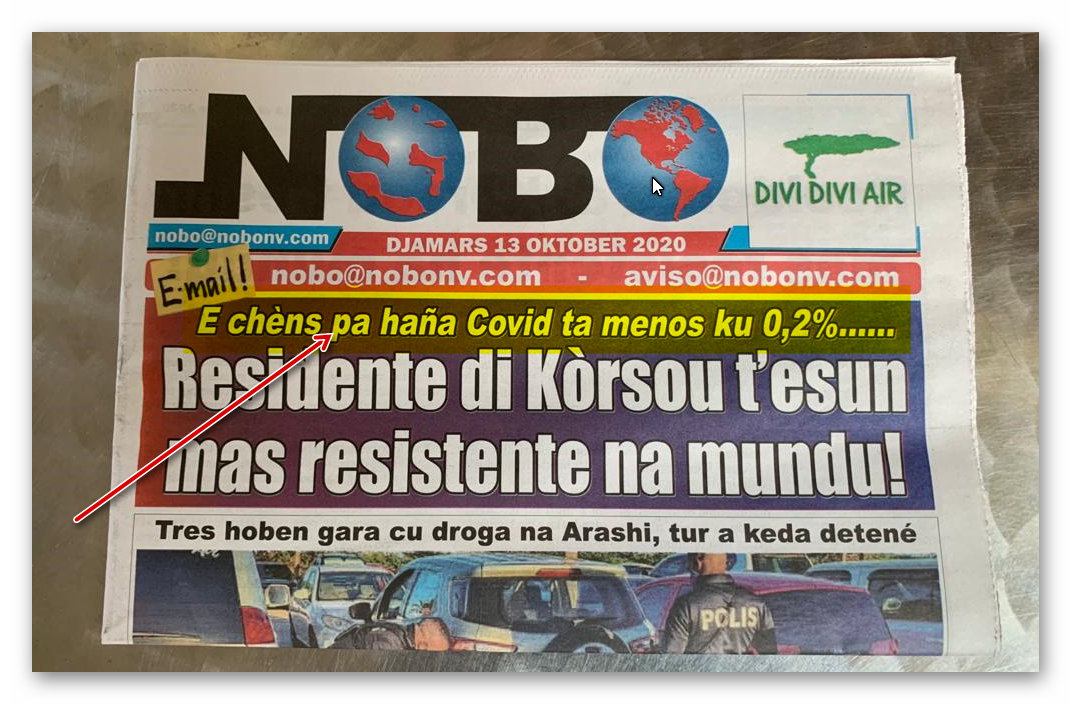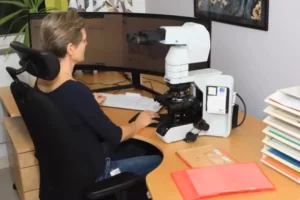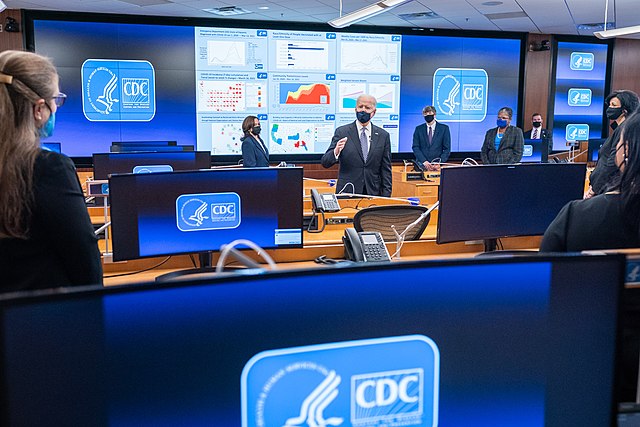
Updated Oct 14th 2020 – By Carl Riedel
Your chance of dying from Covid19 on the island of Curacao is a whopping 0.187%
Your chance of dying from Covid19 on the island of Curacao is a whopping 0.187%
With all the scaremongering and wild numbers being thrown at you by mainstream media, it is a rare gem to find some actual, verifiable numbers on anything related to the Covid scamdemic. The numbers in this post are from the official government department dealing with this “disease”.
All totals are from March 13th 2020 to October 8th 2020.
In the image you can see a total of 8745 people having been tested for Covid19 and under the heading “Kasonan Positivo” you can see the Total Number of “Infected” people (532). Now under the heading “Persona fayese total” you can see the total number of deaths. (Just one. The original dutch citizen who brought it to the island)
Based on these OFFICIAL numbers we can now draw some very interesting conclusions. One of them being the mortality rate of Covid19 on the island of Curacao. The mortality rate of Covid19 on the Curacao population is 1 (death) divided by 532 (total infected) times 100 (%). That gives us the following calculation: 1/532*100 which gives us a whopping 0.187%
This means your actual chances of dying from Covid19 between March 13th and October 8th 2020 on the island of Curacao was 0.187%. As more and more people are getting tested this number seems to be decreasing rather than going up.
An interesting point to note is that the island has had a very relaxed attitude towards wearing masks. We have been able to verify that banks do require patrons to wear a mask, and the same applies to traveling with public transportation. These numbers are the complete opposite of what you would expect in a real pandemic. So what is the difference with other countries?
The Island Itself Is Different
Curacao has approx 164,093 people according to worldometers.info website. Just about everybody knows everybody else, and even if you don’t know someone else personally there is a big chance you know someone who does know that person. This makes it harder for the local media to manipulate with numbers (if they wanted to).
Dengue fever and Covid19
Dengue is not uncommon to the island. In recent years there have been a number of dengue outbreaks during the rainy season. According to an article posted on Reuters, Dengue may provide some immunity against COVID-19. But this alone does not explain the difference with other countries that have had similar outbreaks of dengue fever.
So why are people still afraid of Covid19?

It’s all in the presentation. The majority of media outlets have been focusing on showing the worst of the worst. Wrong numbers, blatant lies and unverified statistics from obscure sources and death tolls that would have the world population halve in the next twelve hours. This type of willful manipulation of the readers’ perspective keeps them scared (and obedient).
As for Curacao, either the Islanders (and residents) are the most Covid resistent population in the entire world or there is no real pandemic status at all.
As for Curacao, either the Islanders (and residents) are the most Covid resistent population in the entire world or there is no real pandemic status at all.
Luckily people are finally starting to understand that Covid19 is not much more dangerous than a case of bad flu (or dengue).
Updated Oct 14th 2020 – By Carl Riedel
Our story was made front page news in a local newspaper, but they got it wrong.
Their top title says "Your Chances of Getting Covid are Less Than 0.2%" this is NOT what I said in my article. In my article I am proving the point that "Your Chances of DYING FROM COVID are Less Than 0.2%" on the island.
There is a very big difference between these 2 figures!
NorthAmericaNews is not responsible for any miscommunication found on other news and websites, when our stories are reprinted.
Originally Posted by Carl Riedel

Carl Riedel is an experienced writer focused on using Open Source Intelligence (OSINT) to produce insightful articles. Passionate about free speech, he leverages OSINT to delve into public data, crafting stories that illuminate underreported issues, enriching public discourse with perspectives often overlooked by mainstream media.






